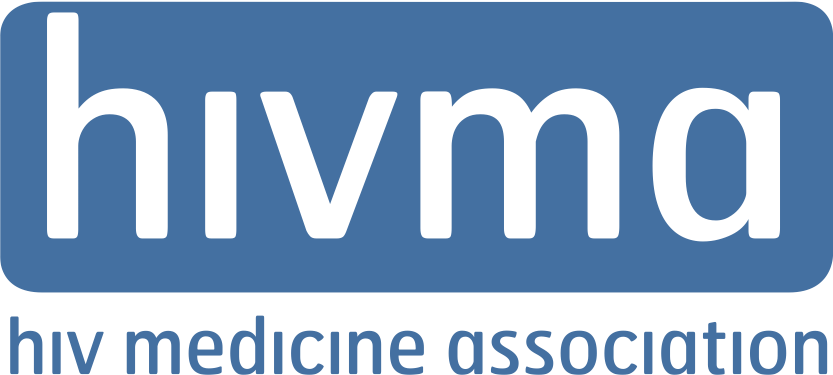Capped Medicaid Funding Threatens Federal HIV Goals and Broader Public Health
Guidance released Thursday by the Trump administration, giving states an option to impose new restrictions on some Medicaid program beneficiaries in exchange for capped funding, is a draconian change in policy that would represent a setback to essential health service access and add a new challenge to the Ending the HIV Epidemic initiative.
The policy targeting the Medicaid expansion population will incentivize states that agree to limiting their federal share of funding to reduce services, impose higher cost sharing, restrict provider networks, impose work requirements and potentially cap eligibility to stay within their funding allotment.
The current federal funding match is critical to supporting the role of the Medicaid program as a safety net in providing health care to low income Americans during public health epidemics, economic downturns and times of new promise when medical advances and treatments become available. For people living with HIV or at higher risk for HIV, the new policy, if taken up by states, will worsen a divide in health outcomes that already is unacceptably vast across this country and particularly in the southern United States. It will also put the ambitious but attainable goal of reducing new HIV infections by 90% within the next decade further from our reach.

